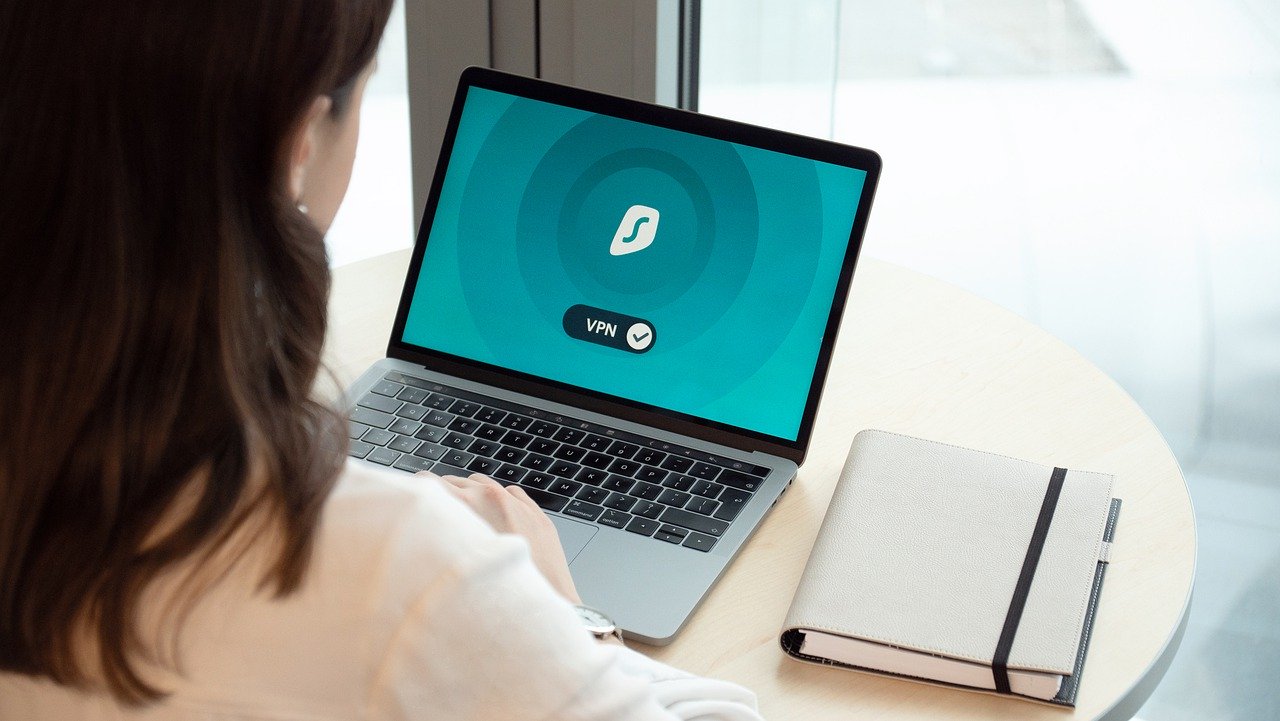Hackers Actively Exploiting Enterprise VPN Bugs Amid Covid-19 Telework Trend, says DHS

The Coronavirus pandemic has prompted numerous organizations to consider alternate workplaces for employees, in line with recommendations from the World Health Organization. Now the Department of Homeland Security’s (DHS) Cybersecurity & Infrastructure Security Agency (CISA) is issuing a similar alert, complete with recommendations for employers and teleworking staff.
CISA’s notice has been online for almost a week, yet few (if any) news outlets have caught wind of it – hardly a surprise, considering the wave of alarming headlines arriving in everyone’s RSS feed by the minute. Regardless, CISA’s alert is as good as any, especially for businesses obliged to send employees home and hope productivity isn’t hampered.
CISA acknowledges that, “remote work options—or telework—require an enterprise virtual private network (VPN) solution to connect employees to an organization’s information technology (IT) network. As organizations elect to implement telework, the Cybersecurity and Infrastructure Security Agency (CISA) encourages organizations to adopt a heightened state of cybersecurity.”
The reason behind the agency’s warning is that, as organizations ramp up the use of VPNs for telework, more vulnerabilities are cropping up in VPN clients – flaws that are actively targeted by malicious cyber actors, according to the notice.
The agency expresses further concern that organizations are unlikely to patch their VPN clients very quickly, because they’re required to work 24/7. The woes don’t stop here.
“Organizations may have a limited number of VPN connections, after which point no other employee can telework. With decreased availability, critical business operations may suffer, including IT security personnel’s ability to perform cybersecurity tasks,” the group says.
Finally, CISA offers a few recommendations for businesses relying on remote workers (reproduced from the alert):
- Update VPNs, network infrastructure devices, and devices being used to remote into work environments with the latest software patches and security configurations. See CISA Tips Understanding Patches and Securing Network Infrastructure Devices.
- Alert employees to an expected increase in phishing attempts. See CISA Tip Avoiding Social Engineering and Phishing Attacks.
- Ensure IT security personnel are prepared to ramp up the following remote access cybersecurity tasks: log review, attack detection, and incident response and recovery. Per the National Institute of Standards and Technology (NIST) Special Publication 800-46 v.2, Guide to Enterprise Telework, Remote Access, and Bring Your Own Device (BYOD) Security, these tasks should be documented in the configuration management policy.
- Implement MFA on all VPN connections to increase security. If MFA is not implemented, require teleworkers to use strong passwords. (See CISA Tips Choosing and Protecting Passwords and Supplementing Passwords for more information.)
- Ensure IT security personnel test VPN limitations to prepare for mass usage and, if possible, implement modifications—such as rate limiting—to prioritize users that will require higher bandwidths.
- Contact CISA to report incidents, phishing, malware, and other cybersecurity concerns.
Bitdefender also offers pro tips for remote workers themselves in this handy guide.
tags
Author
.jpg)
Filip is an experienced writer with over a decade of practice in the technology realm. He has covered a wide range of topics in such industries as gaming, software, hardware and cyber-security, and has worked in various B2B and B2C marketing roles. Filip currently serves as Information Security Analyst with Bitdefender.
View all postsRight now Top posts
FOLLOW US ON SOCIAL MEDIA
SUBSCRIBE TO OUR NEWSLETTER
Don’t miss out on exclusive content and exciting announcements!
You might also like
Bookmarks







